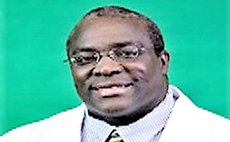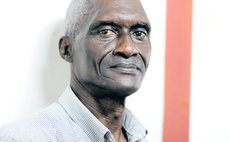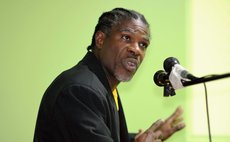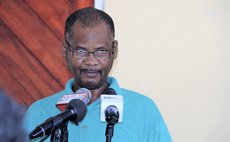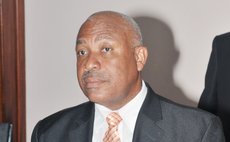Vehicles and Road Traffic Act: Arrest without Warrant
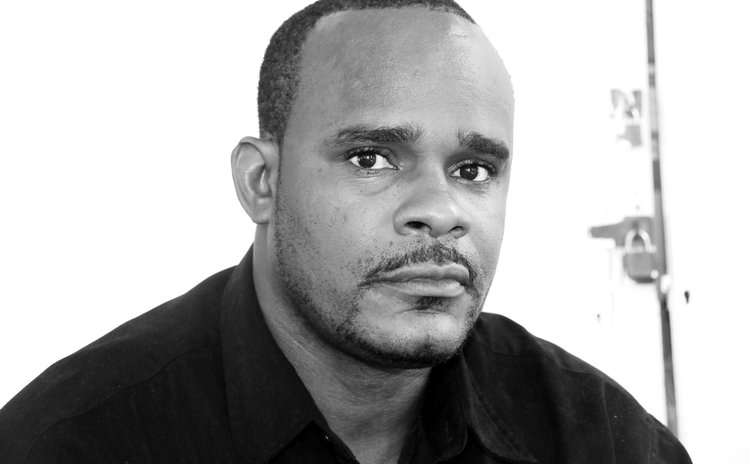
Introduction
In the society arrests have been made for motley of crimes and offences by the agents of law enforcement in Dominica. In fact, it was rife in the media of the arrests of two individuals for the December 25, 2010 of the hideous crime of arson inflicted upon a prominent citizen in the wee hours of Christmas morning while he and his family slept. It was an attempt to slay the residents in the conflagration. Even law enforcement on island-the guardians of the law - is not immune. Over the years and in recent times members of law enforcement here have also tasted arrest for alleged criminal wrong doing. However, I will hasten to state that all persons arrested and charged do have a presumption of innocence until they have pleaded guilty or found guilty at their trial. This presumption of innocence is enshrined in our Constitution. Therefore, the legal term arrest can be defined as the official taking and restraining of a person from his liberty in order that he or she shall be forth coming to answer an alleged or suspected crime or offence.
The power of arrest without a warrant is a right enshrined in statutes to combat criminal anti-social behavior in the society. The Criminal Law and Procedure Act Chapter 12:01 confers on the police the powers of arrest without warrant persons suspected to be, or about to commit a felony, and where a felony is committed arrest without a warrant persons guilty of a felony and so on. Moreover, an arrest by Police for an offence committed in his or her view is an arrest without a warrant. This in presence requirement can be referred to as a power of summary arrest. Similarly, the Vehicles and Road Traffic Act 17 of 1993 which is an "Act to revise and consolidate the Vehicles and Road Traffic Ordinance, Cap 200" makes provisions for the arrest without a warrant by members of the Police Service for certain infractions of the Act. I know that this revelation may come as a surprise to many- hence this article. As a matter of fact, there is a variegation of offences where arrests can be made without a warrant subjected to the discretion of a Police Officer.
The offence of Reckless or Dangerous driving is an offence where the arrest without a warrant can be done. Section 52(1): "Any person who drives a motor vehicle on a road recklessly, or at a speed, or in a manner dangerous to the public, having regard to all the circumstances of the case including the nature, condition and use of the road and the amount of traffic that is actually on the road at the time or might reasonable expected to be on the road at the time, commits an offence and is liable on summary conviction." The arrest is made when committed in the view of a member of the Police Force and is contingent to the driver who "Refuses to give his name and address when it is requested; when the name or address is believed to be false by the police officer; or where the motor vehicle does not carry a registration number plate." Another offence which qualifies for arrest without a warrant is driving, attempting to drive or being in charge of a motor vehicle under influence of drink or drugs. Section 55(1): "Any person who drives, attempts to drive, or is in charge of a motor vehicle on a road while under the influence of drink or drug to such an extent as to be incapable of having proper control of the vehicle commits an offence and is liable on summary conviction." The arrest is made where any member of the Police Force suspects on reasonable grounds of committing an offence under this section."And while at the police station, the person arrested should be given the opportunity to provide a specimen of breath for a breath test to be taken there.
Again using a motor vehicle without consent of owner or lawful authority is an offence in our traffic laws. It is similar to the indictable offence of taking conveyance which is criminalized in the Theft Act of Chapter 10:33 of 1990.Section 63(1): "A person who takes and drives away a motor vehicle without the consent of its owner or other lawful authority or, knowing a motor vehicle to have been taken, drives it or allows himself to be carried in or on it without the consent of the owner or other lawful authority, commits an offence." The culprit then can be arrested without a warrant by the police "Reasonably suspected by him or her of having committed, or of attempting to commit an offence under this section."
With the proliferation of the abuse of alcohol and controlled drugs which is a catalyst for deadly consequences when motorist do operate their vehicles including motor cycles whilst under the influence. An activity proscribed in our traffic laws. As a matter of fact, Section 73(1) promulgates that "A person who, when riding a cycle on a road or other public place, is unfit to ride through drink or drugs commits an offence and is liable on summary conviction to a fine of one thousand dollars and imprisonment for six months." Moreover, unfit to ride through drink or drugs, "Means as regards as a person riding a cycle, under the influence of drink or drugs to such extent as to be incapable of having proper control of it."The police do have a power of arrest without a warrant a person committing an offence under this section."
Finally, the power of arrest without a warrant under the Vehicles and Road Traffic Act is contingent to any of the mentioned offences committed in the view of a police officer. And the execution of an arrest without a warrant must be for the following cases when an offence is committed: "In the case of a driver or conductor, where the driver or conductor, on being requested to give his name and address or to produce his licence for examination refuses to do so; in any other case, where a person upon request refuses to give his name and address, or there are reasonable grounds for suspecting that a person has given a false name or address."
By Boycott Yankey Corporal of Police, Writer, Diploma in General Law Enforcement
